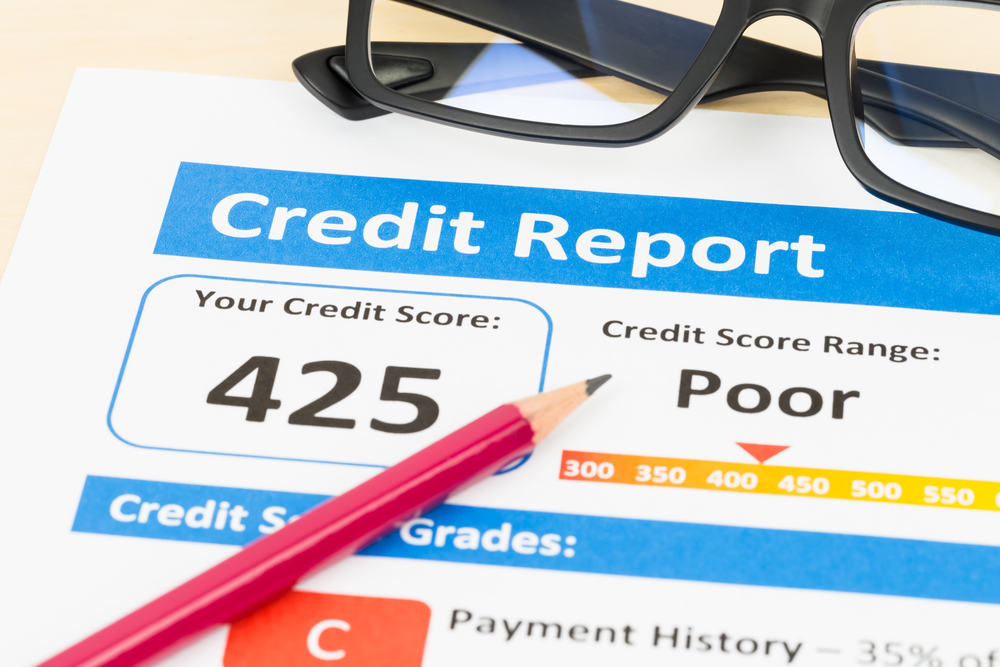Real Estate Assets Are Interesting Investments For Private Hard Money Lenders
The standards for mortgage qualifications are becoming increasingly tight. While this makes life difficult for some, it also means there are new opportunities for private hard money lenders out there. Indeed, anyone who has some money could consider becoming involved in this, particularly because they are backed by the security of always having a buffer of between 25% and 30% since that is the maximum loan to value. Naturally, it is important to exert due diligence in this.
Crowdfunding and Self-Directed Investment Opportunities
Numerous experts agree that there are more and more opportunities out there for private hard money lenders. They are there to fill the gap left by the institutional lenders stepping away from mortgages as a result of the Dodd Frank Wall Street Reform and Consumer Protection Act.
The Dodd-Frank Wall Street Reform Act is a law that regulates the financial markets and protects consumers. Its eight components help prevent a repeat of the 2008 financial crisis.
Traditionally, private investors would opt for an IRA or 401k with a focus on real estate investments. Doing this conservatively means that no more than 20% of the retirement account is invested in this, which means another 80% can be invested in a range of other assets, including crowdfunding. The added benefit is that crowdfunding investing can be done outside of the retirement accounts as well. Indeed, again and again, this has been shown to be very secure.
Over the last several years, there has been extraordinary interest in private lending, as it has proven to be both profitable and—on a risk-adjusted basis with proper underwriting and due diligence—secure.
Property Valuations Are Conservative
One of the things that set private hard money lenders apart from banks is that they use a very different underwriting process. Traditional mortgages are limited to 90% for 30-year mortgages. Hard money lenders don’t focus on an applicant’s credit history, instead of looking at the value of the property. They then provide a loan for no more than two years. Additionally, hard money lenders offer much higher interest rates than traditional lenders. Lastly, hard money focuses strongly on distressed properties, rather than traditional homes.
The security of a hard money loan lies in the property itself. This means the valuation methods used have to be more conservative. The professional appraisal is important, but other tools are used as well. This is because appraisals are geared towards traditional mortgages, are based on the opinion of just one individual, are often wholly different to the agreed purchase price, and don’t consider the potential in distressed properties.
Hard money lenders take all the information available to them and make a decision based on that. They simply want to know whether they can get their money back and whether they can make a profit, even if this means taking the property back. This is also why they will only offer a 75% loan to value as a maximum, which gives them that protection. Additionally, they look at properties as if they are the fixer and flipper themselves.
With their singular focus on turning a quick profit, real estate investors are often regarded about as warmly as used-car salesmen. But experts say they’ve played a major role in spurring the housing market’s recovery. By targeting distressed properties, they’ve reduced neighborhood blight and increased the supply of homes in a region where inventory has been very tight.
Clearly, those who have money to invest, and who have at least a baseline of understanding of the housing market, should consider becoming hard money lenders. In so doing, they not only help themselves, but they also help assure economic recovery.









